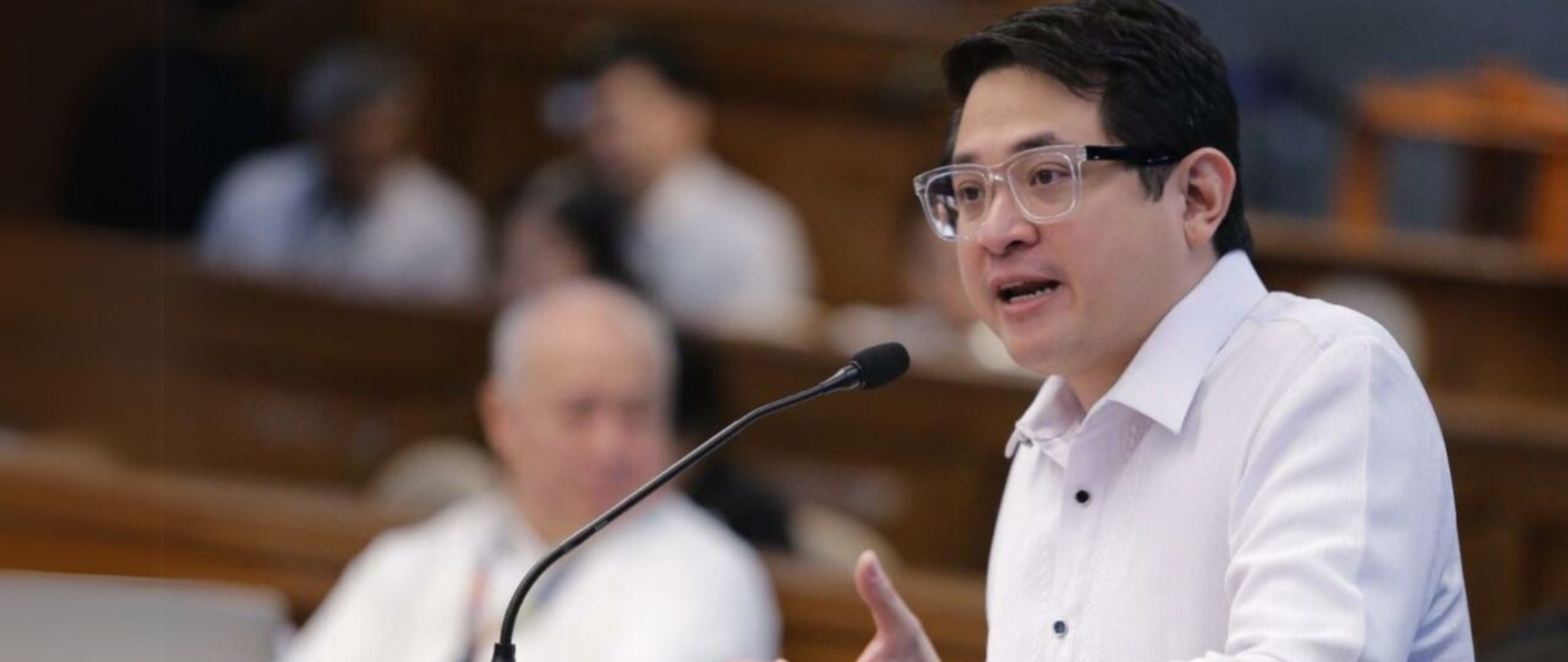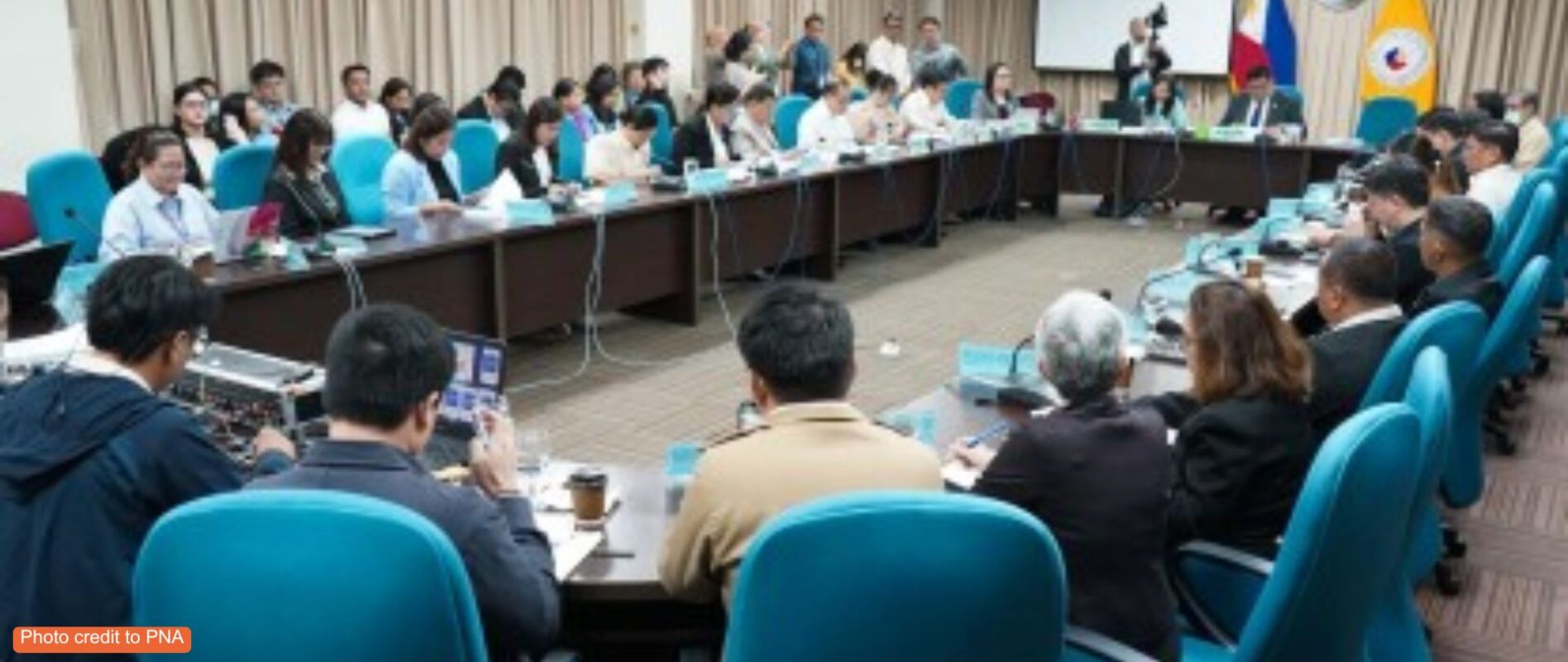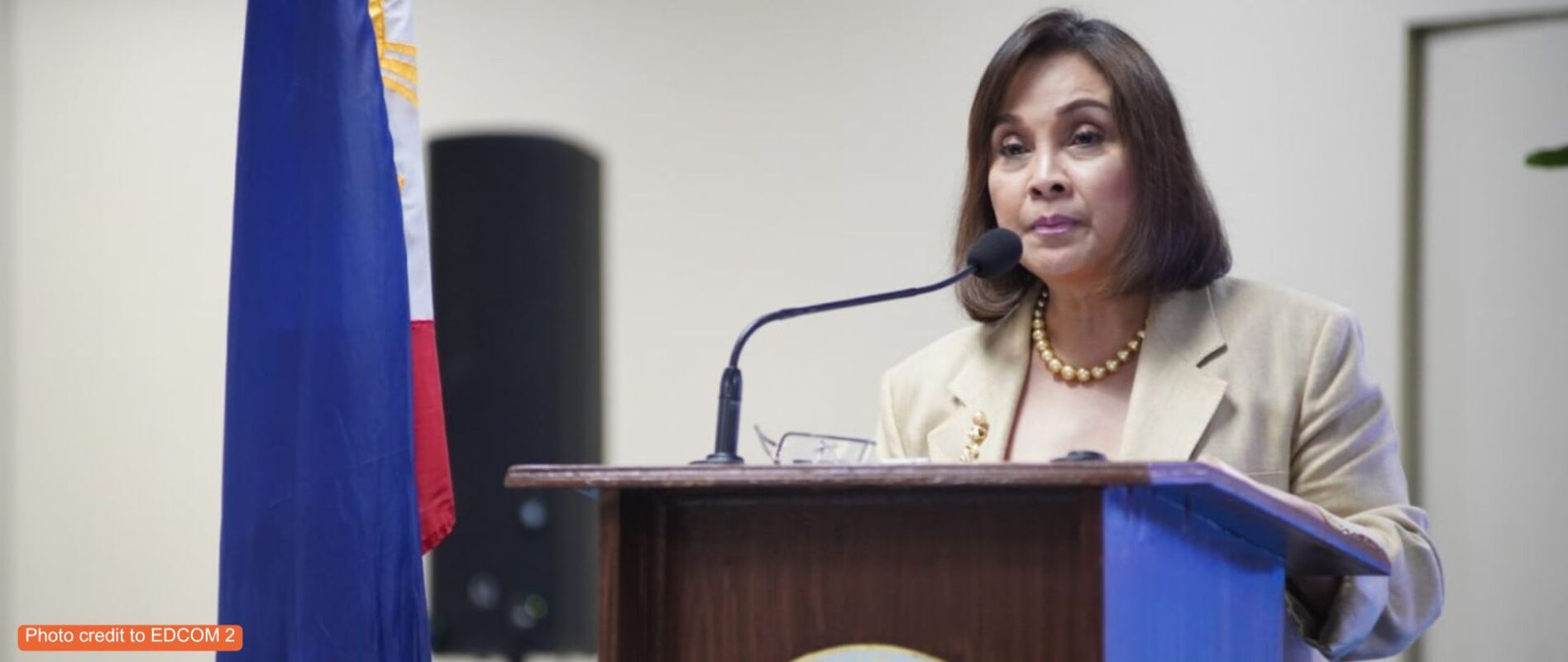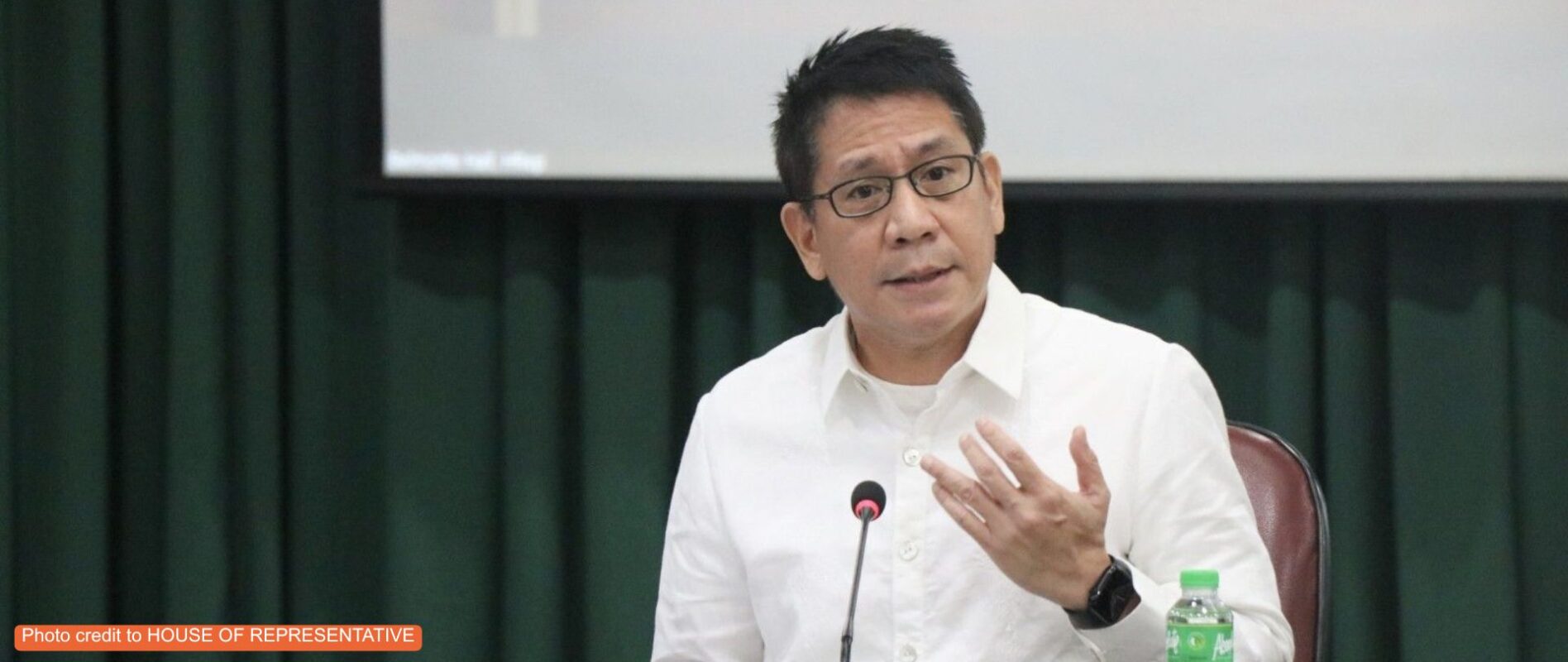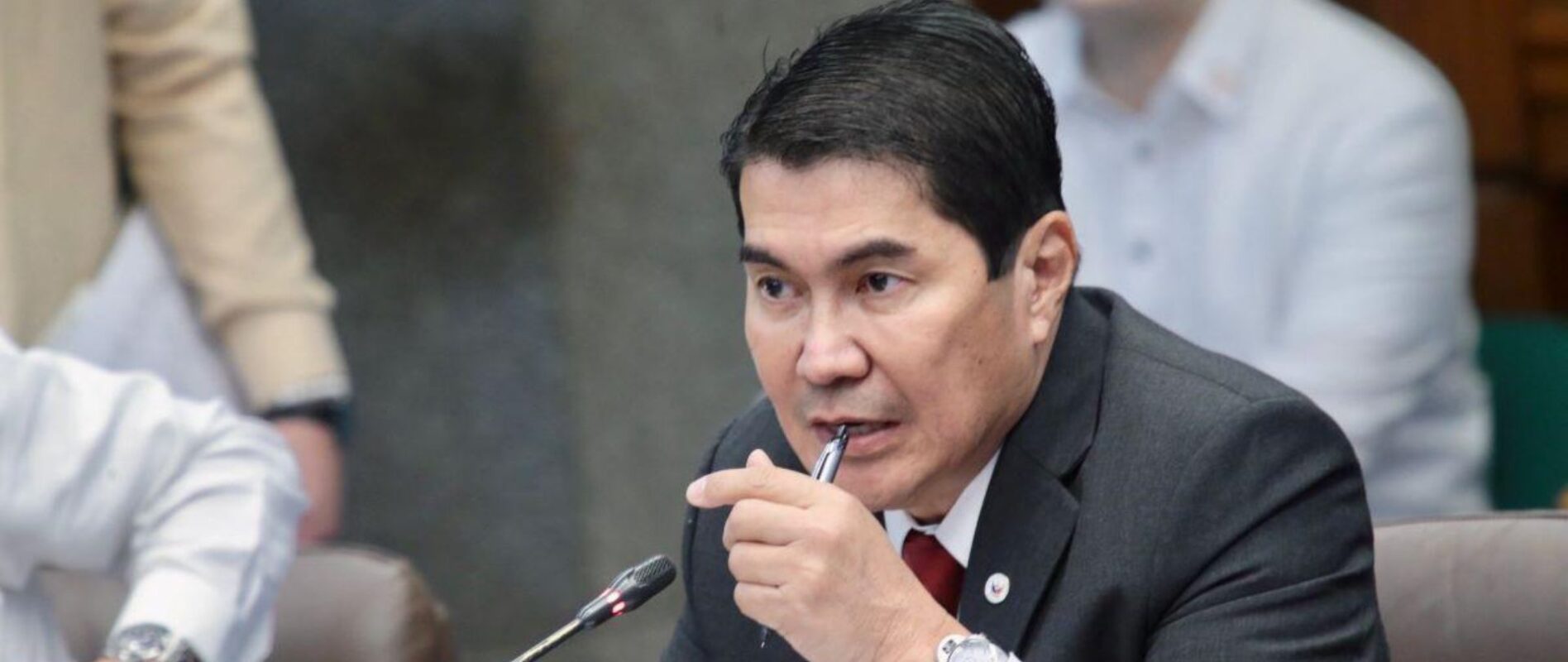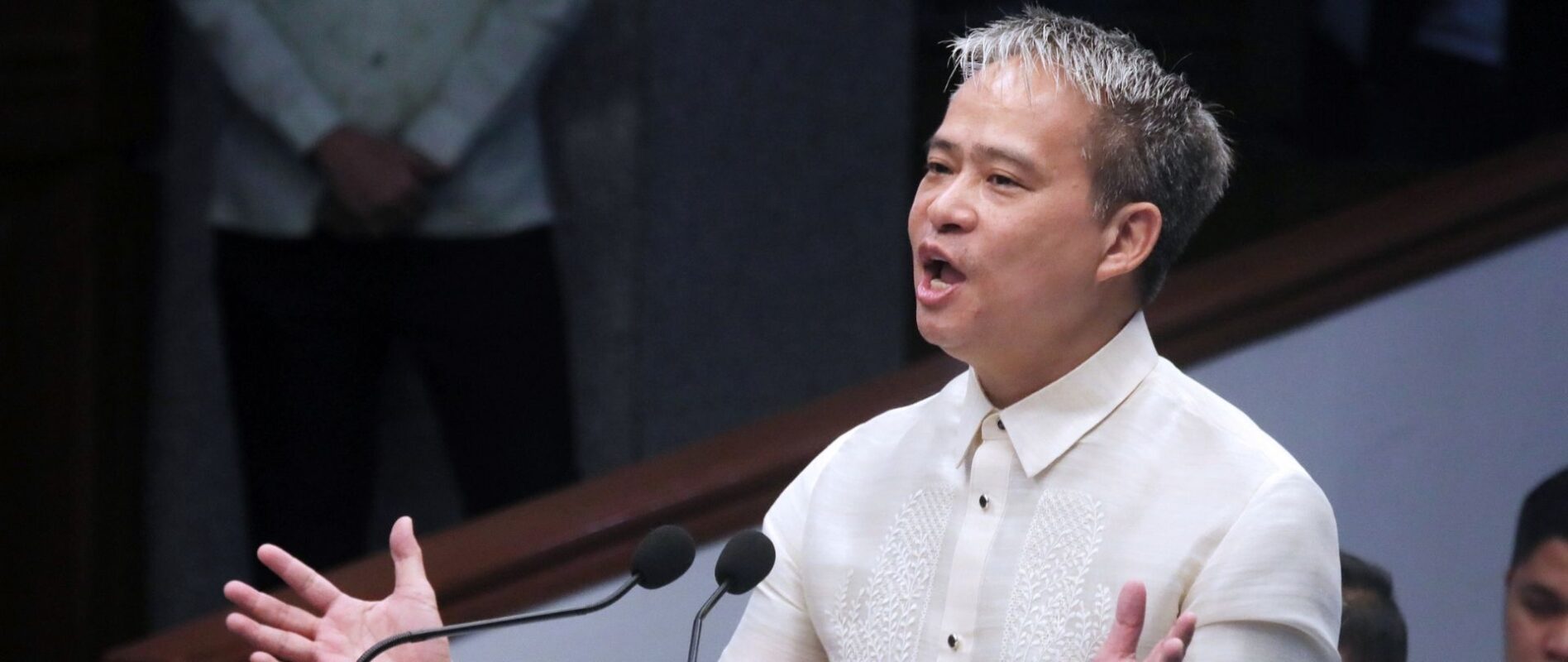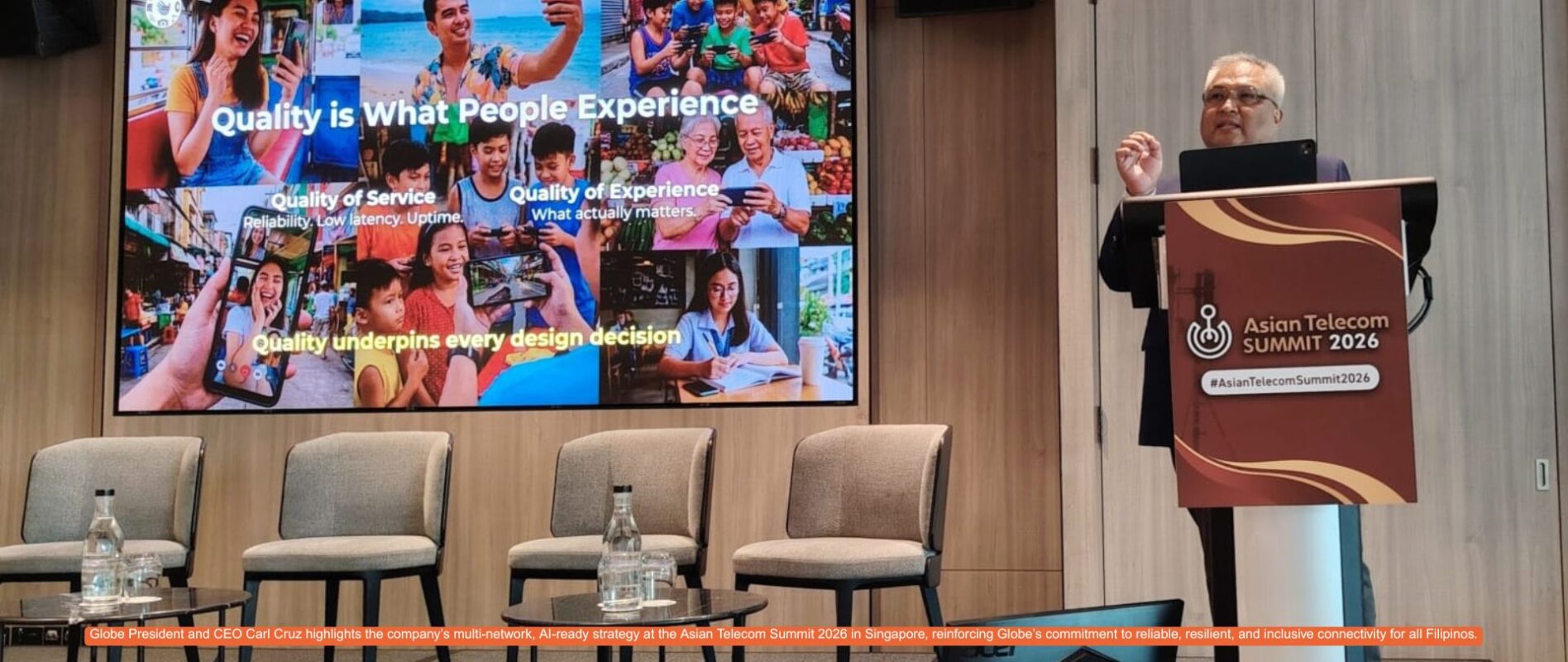SENATOR LAYS OUT REFORM AGENDA ON EDUCATION CRISIS
SENATOR Bam Aquino is calling for urgent and collective action to address what he described as a deep and alarming education crisis gripping the country.
“This is a matter that affects every Filipino family and the future of our youth,” Aquino said, emphasizing that educational reform remains a core pillar of his legislative agenda.
As the newly appointed Chairperson of the Senate Committee on Basic Education, Aquino vowed to push for both immediate and long-term solutions to improve the Philippine education system.
Citing the findings of the Second Congressional Commission on Education (EDCOM 2), Aquino outlined seven critical challenges facing the country’s education sector: child malnutrition, classroom shortages, lack of internet access, textbook delays, teacher welfare, learning gaps, and poor student employability.
Aquino noted that one in four Filipino children under five is stunted—a condition that severely affects cognitive and physical development. He is pushing for amendments to the Masustansyang Pagkain para sa Batang Pilipino Act to implement universal feeding programs for Kinder to Grade 3 and targeted feeding for higher levels.
With a reported shortfall of 165,000 classrooms, Aquino warned that the actual need may be even greater. To address this, he filed the Classroom-Building Acceleration Program Act, which aims to engage NGOs, the private sector, and local governments in expanding classroom infrastructure.
He also called for the full implementation of the Free Internet Access in Public Spaces Act, lamenting the lack of internet access in many schools. Aquino said he had already secured a commitment from DICT Secretary Aguda to connect all public schools by the end of 2025.
Citing data that only 37% of textbook titles were delivered by mid-school year, Aquino proposed the E-Textbook Para sa Lahat Act, which mandates that all DepEd-approved textbooks be made available online and free of charge.
Aquino also decried the burden of excessive administrative work and inadequate pay for teachers. He filed the Angat Sweldo Para sa Guro Act, which proposes an additional ₱10,000 monthly allowance for public school teachers and qualified non-teaching staff over the next three years. He also supports reforms to the teacher licensure process to promote quality and fairness.
He pointed to alarming data showing many Grade 3 students performing at a Grade 1 level and called for the urgent rollout of remedial programs and strengthened implementation of the National Learning Recovery Program. Aquino also pledged to work with DepEd on revising the K-12 curriculum.
Noting that only 20% of Senior High School graduates successfully enter the workforce, Aquino questioned the effectiveness of the K-12 program in meeting employability goals. He filed the School-to-Employment Program (STEP) Act, which would mandate job placement offices in public senior high schools and higher education institutions and promote curriculum alignment with labor market needs.
“If we do nothing, the damage to our students—and to our nation—will be close to irreversible. We must not lose our greatest advantage: our youth,” Aquino warned.
“Let us fight for the right of every Filipino child to quality education. This is the mission of our committee, and we ask everyone—from government agencies to private sector partners, educators to parents—to stand with us in solving the education crisis,” he added.

